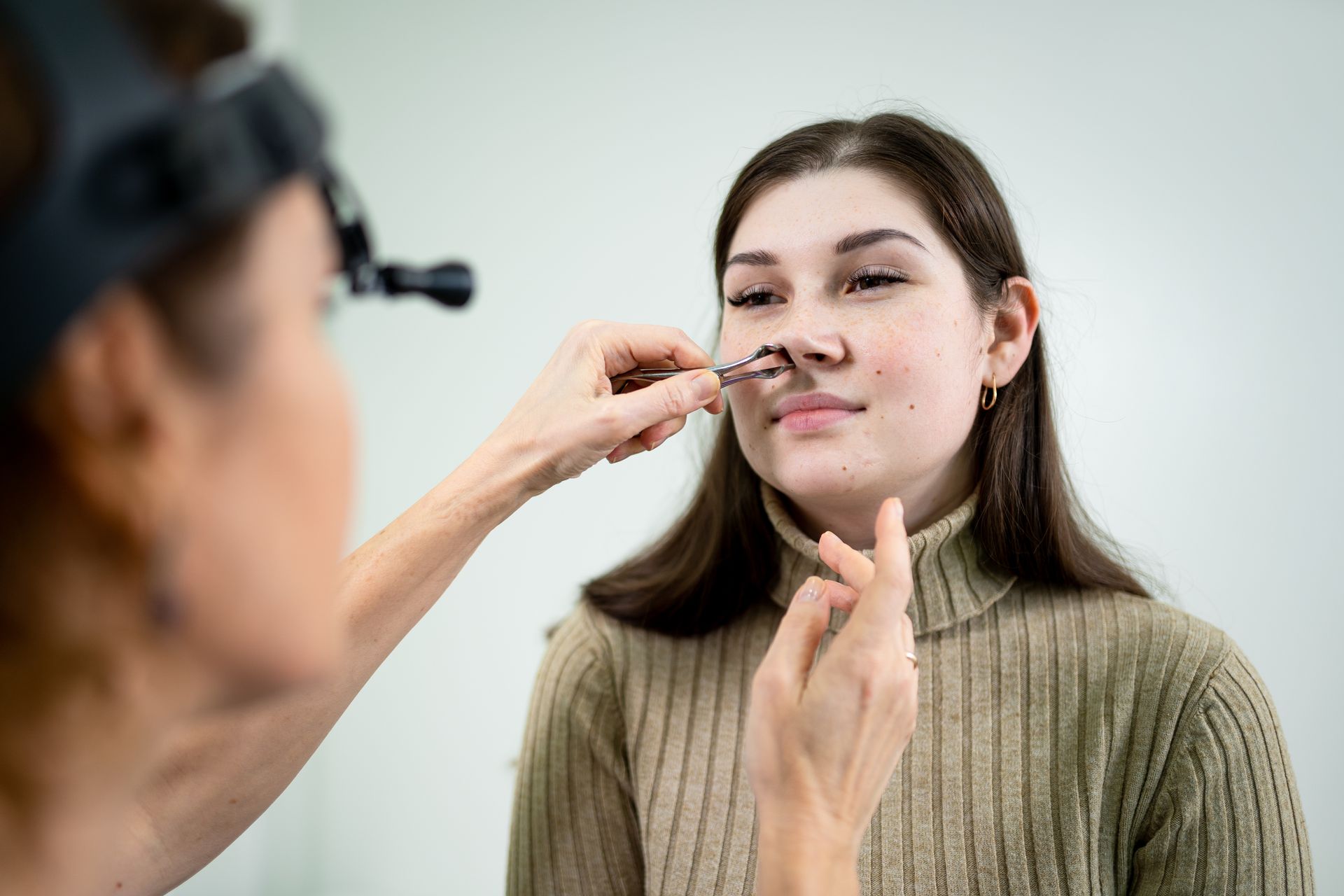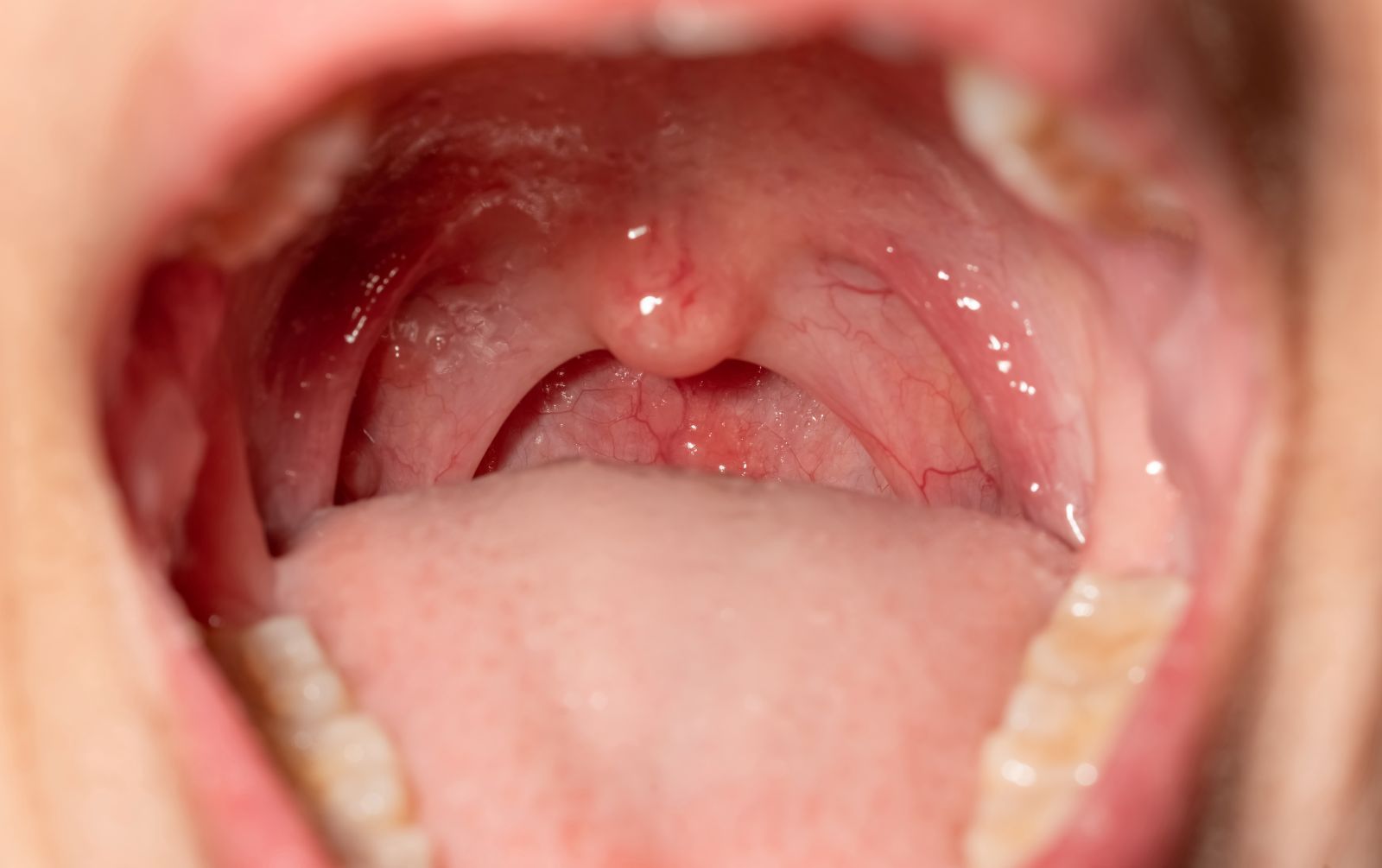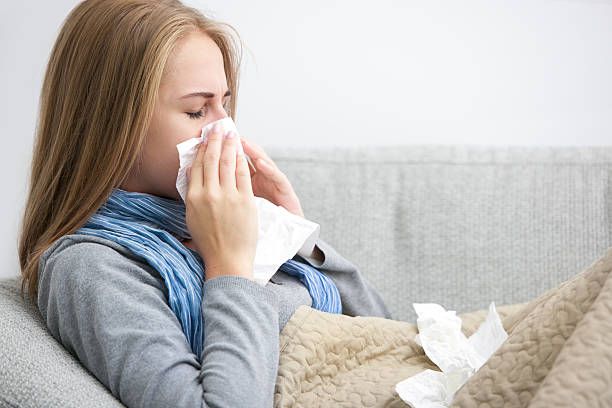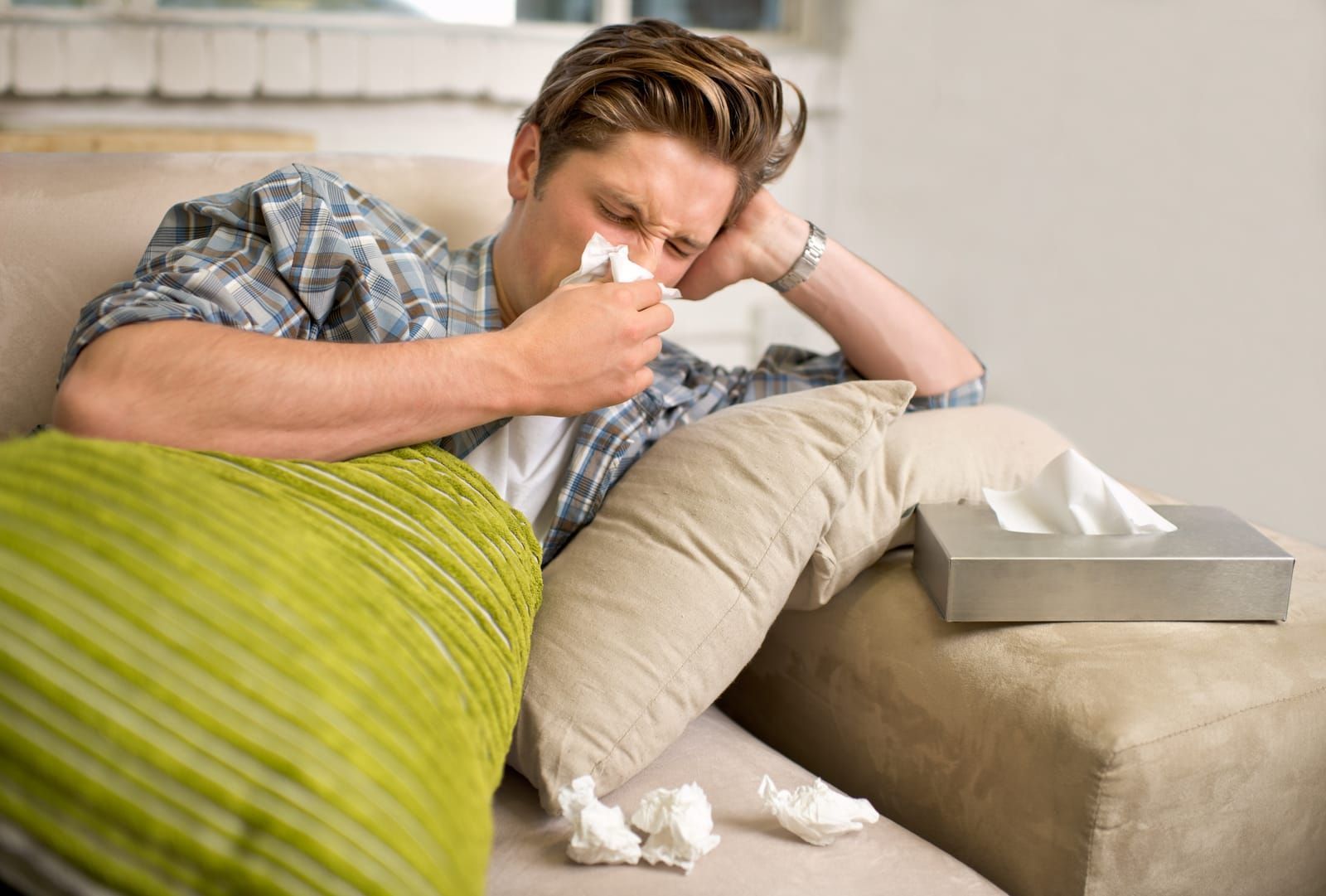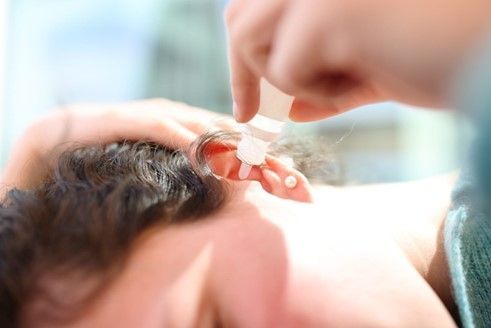How to Get Rid of Post-Nasal Drip Cough
Have you ever felt that annoying tickle in your throat that just won’t go away, especially after you’ve been coughing? If so, you might be experiencing post-nasal drip. This common condition occurs when excess mucus drips down the back of your throat, leading to irritation and coughing. While it can be bothersome, there are several effective ways to alleviate this issue. Read on to explore the causes of post-nasal drip, its symptoms, and some simple strategies to help you get relief.
What Is Post-Nasal Drip?
Post-nasal drip happens when the glands in your nose and throat produce excess mucus. This mucus can accumulate and drip down the back of your throat, leading to a persistent cough, sore throat, or even a feeling of something stuck in your throat. Several factors can contribute to this condition, including:
- Allergies: Pollen, dust mites, mold, and pet dander can trigger an allergic reaction, causing your body to produce more mucus.
- Infections: Colds, sinus infections, and other upper respiratory infections can lead to increased mucus production.
- Weather Changes: Cold or dry air can irritate the nasal passages, leading to post-nasal drip.
- Gastroesophageal Reflux Disease (GERD): Acid reflux can cause irritation in the throat and lead to mucus buildup.
- Certain Foods: Spicy foods or dairy products can sometimes increase mucus production for some people.
How to Alleviate Post-Nasal Drip Cough
Here are some practical tips to help you manage and get rid of that annoying post-nasal drip cough:
1. Stay Hydrated
Drinking plenty of fluids is essential. Water, herbal teas, and clear broths help thin out mucus, making it easier for your body to clear it away. Staying hydrated also soothes your throat and can reduce irritation caused by coughing.
2. Use a Humidifier
Adding moisture to the air with a humidifier, particularly during dry winter months or in air-conditioned environments, can effectively relieve dryness in your nasal passages and throat.
3. Rinse Your Sinuses
Using saline nasal sprays or rinses can help clear out excess mucus and allergens from your nasal passages. You can try a neti pot or a saline spray to rinse your nose gently. This can relieve congestion and reduce post-nasal drip.
4. Manage Allergies
If allergies are causing your post-nasal drip, over-the-counter antihistamines can help reduce symptoms. Try to identify what triggers your allergies (like dust or animal hair) and avoid those triggers when possible.
5. Elevate Your Head While Sleeping
Keeping your head elevated while you sleep can help prevent mucus from pooling in your throat. Use extra pillows or consider a wedge pillow for support.
6. Avoid Irritants
Stay away from smoke, strong odors, and other irritants can irritate your nasal passages and worsen post-nasal drip. Try to avoid exposure to these irritants whenever possible.
7. Gargle Salt Water
Gargling with warm salt water can soothe a sore throat caused by post-nasal drip. Mix about half a teaspoon of salt in a glass of warm water and gargle several times a day.
If you have any questions regarding post nasal drip and other sinus issues, Kentuckiana ENT is here to help. Our team of experienced specialists is committed to delivering expert ear, nose, and throat care to patients in Louisville, Kentucky, and Jeffersonville, Indiana. Don't hesitate to call or schedule an appointment for guidance and personalized treatment options aimed at effectively managing the impact of pollen allergies on your sinuses.
